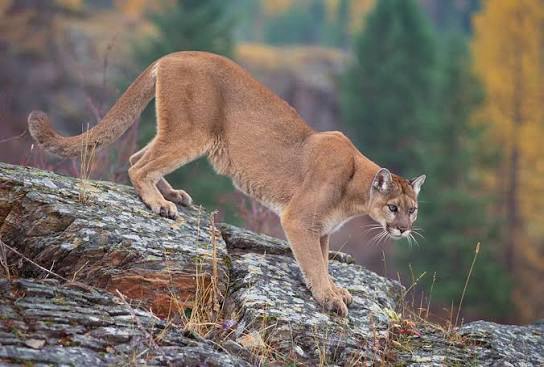
PENNSYLVANIA — For decades, Pennsylvanians have debated whether the mountain lion — also known as the cougar, puma, or catamount — could make a comeback in the Keystone State.
While confirmed evidence of the species is lacking, experts say the possibility of its return remains a topic of scientific and public interest.
According to the Pennsylvania Game Commission (PGC), the last known wild mountain lions in Pennsylvania were eliminated in the late 1800s due to widespread hunting and habitat loss.
In 2011, the U.S. Fish and Wildlife Service officially declared the eastern cougar, once native to Pennsylvania and much of the East Coast, extinct.
Despite this declaration, reports of possible sightings occasionally surface across Pennsylvania.
However, wildlife officials emphasize that these claims have not been substantiated.
While Pennsylvania does not currently have a resident population of mountain lions, the possibility of individuals dispersing into the state cannot be entirely ruled out.
Mountain lions are known to travel long distances, particularly young males searching for new territory. In recent decades, confirmed sightings have been documented in the Midwest, including states such as Wisconsin, Michigan, and even Illinois.
Habitat in Pennsylvania could, in theory, support cougars again. The state has extensive forested areas and a large population of white-tailed deer, which are the primary prey of mountain lions.
If the species were to naturally recolonize the East, Pennsylvania would be among the states capable of sustaining them.
For now, experts stress that Pennsylvanians should not expect to see wild mountain lions anytime soon. The PGC maintains that the only cougars present in the state are those kept in captivity by licensed facilities.
Until physical evidence confirms otherwise, the mountain lion remains an absent — but often imagined — predator in Pennsylvania’s woods.






